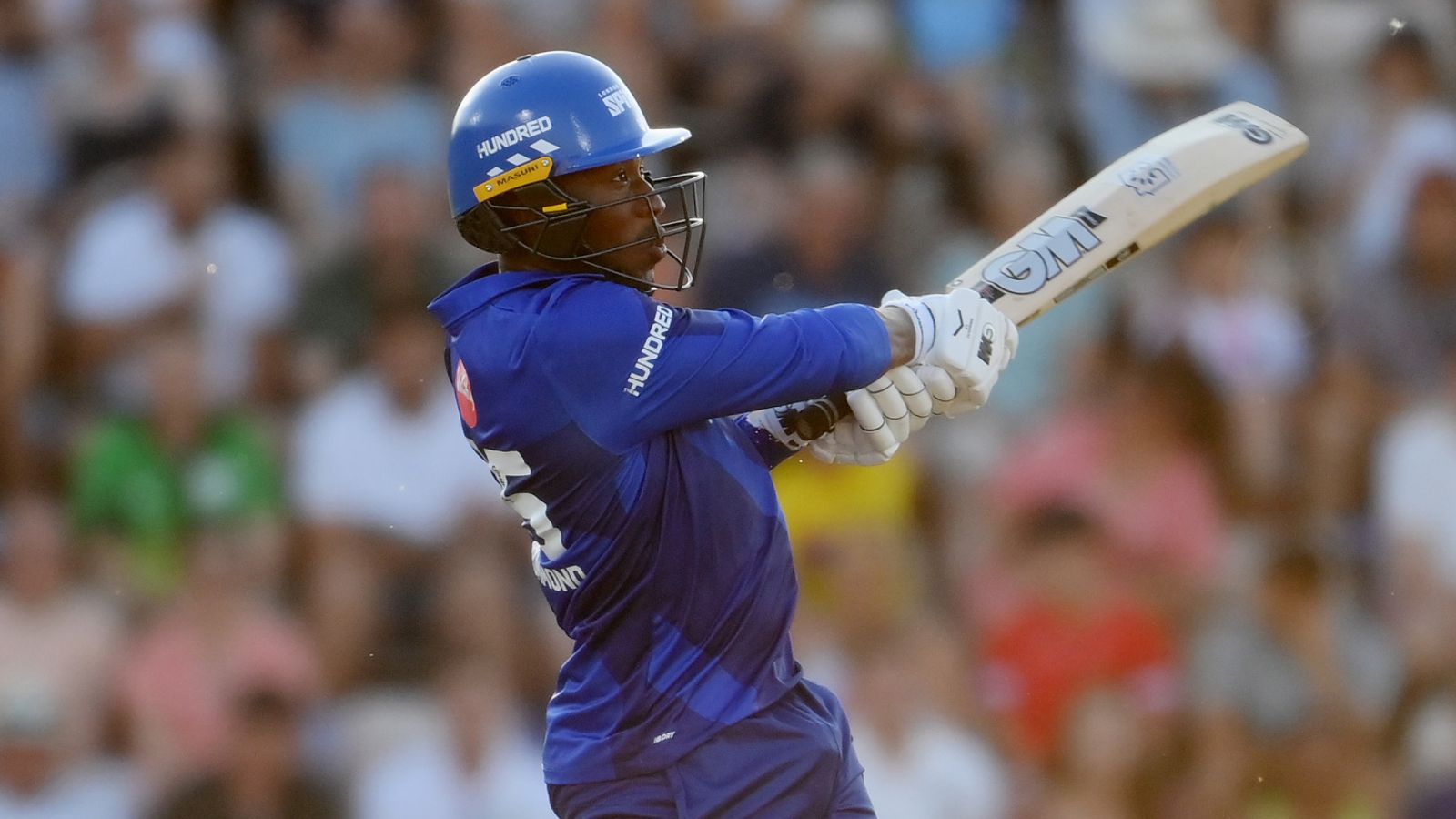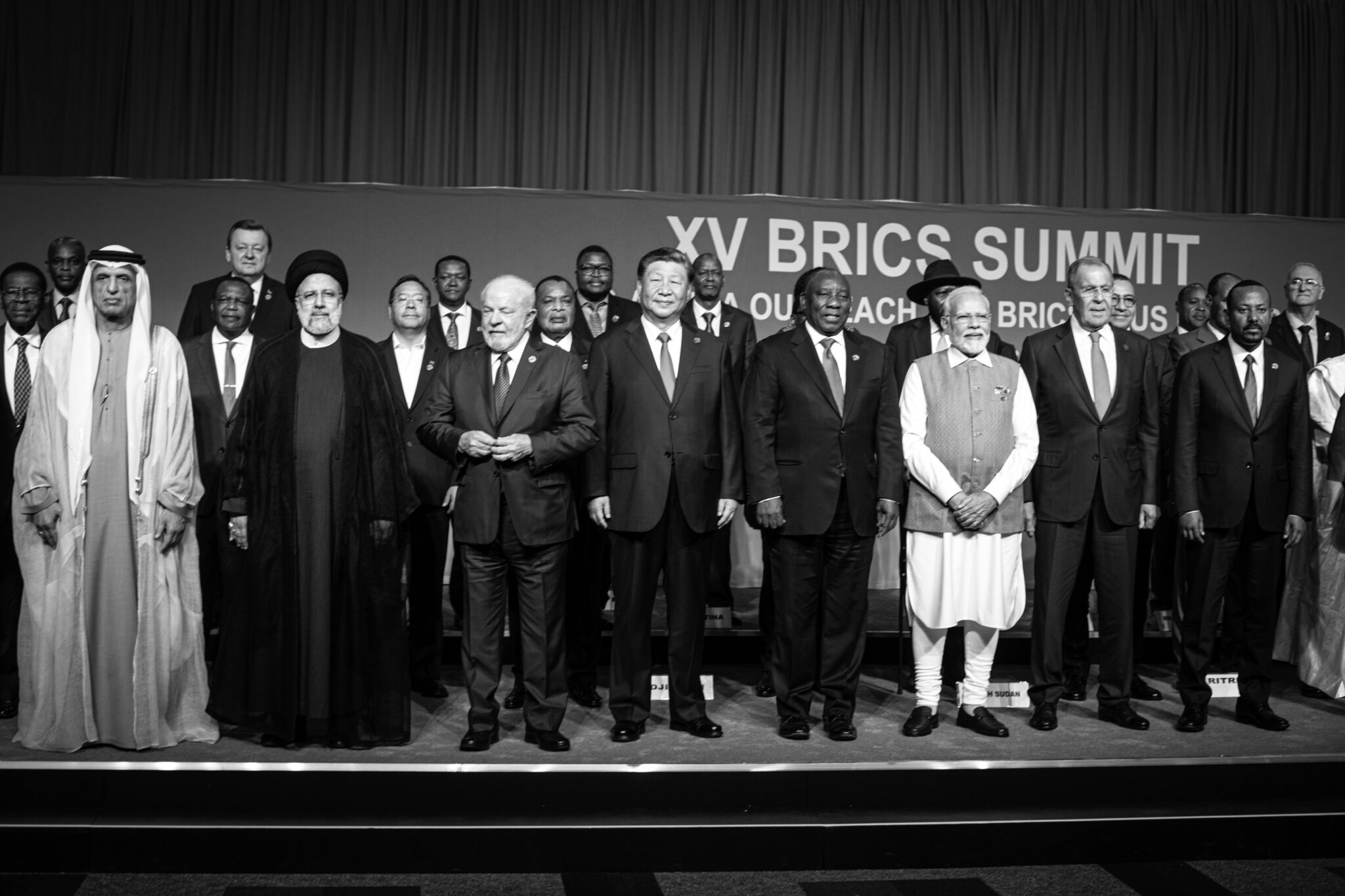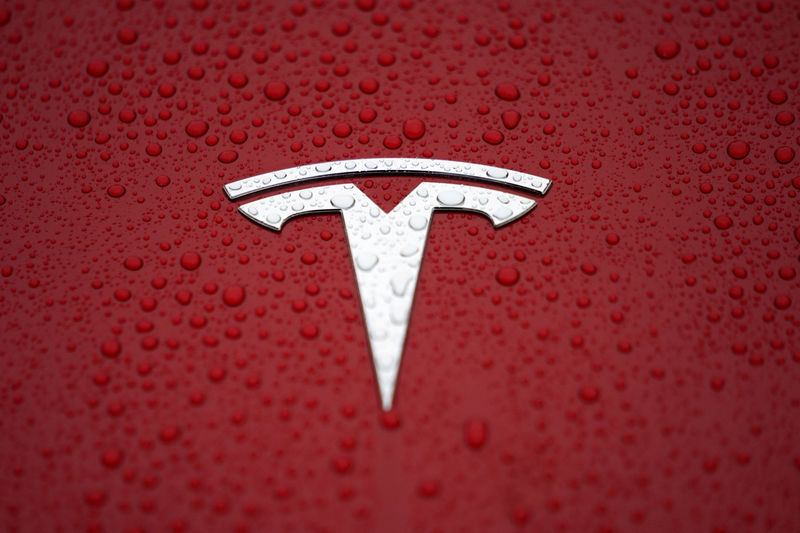Tom Carter, a longtime former Nexstar exec who is now a senior advisor to the CEO and board of directors, says the company could acquire Disney’s local ABC TV stations with “little friction” if they become available.
Disney CEO Bob Iger spurred talk of a potential sale of the eight stations over the summer when he said some of the company’s linear TV holdings “may not be core” to the company in the future. Private equity firms are among those putting out feelers, given their sizable investments in local TV in recent years. Nexstar is a poster child for growth through M&A, with Carter estimating that the company pulled off about 40 acquisitions in his first 10 years at the company. Multi-billion-dollar deals for Media General and Tribune Media vaulted what had been a boutique Texas firm two decades ago to the No. 1 spot among all U.S. station owners, and last fall it showed its appetite again by taking a majority stake in The CW.
“We think there could be some opportunities depending on how things fall out,” Carter said of the ABC situation at an investor conference in New York hosted by BofA Securities. The former president and COO, who segued to his advisory role last month, appeared alongside Nexstar CFO Lee Ann Gliha.
Asked about investigations by Paramount Global and Disney of strategic options for their linear TV assets, Carter focused on the latter. “Disney had talked about it this way: ‘Let’s morph into a GrowthCo and a SustainableCo,’” he said, referring to the media company’s outlook during Iger’s second stint as CEO. “The only issue is, the SustainCo is funding the GrowthCo, and if you sell one, you’ve lost access to that cash flow. Granted, you’re going to have proceeds, but is that really what you want to do?”
If the answer to that question ends up being “yes,” Carter said, then Nexstar would be a strong candidate to take over the stations. Given the “massive” cash flow benefits resulting from past deals, “I think you’ll see us take a look at it,” the exec added, though one potential complication would be programming overlaps. “You’re seeing ESPN simulcast a large portion of their sports telecasts on ABC. If you were to buy the ABC complex, how would that work going forward? There are a lot of questions that need to be answered.”
Asked about the FCC’s 39% cap on station ownership by one company, Carter acknowledged that the company is already at that limit. “But that would not preclude us from buying stations,” he said. “ABC’s portfolio of stations is modest. It’s only eight, largely in the top 10 markets. We’re in eight of the top 10 markets already with a CW station. We could buy a second station in that market and not increase our household footprint. There may be a few stations that would require divestiture of either a Nexstar station or an ABC station, but we could onboard those with relatively little friction.”
Helping fuel Nexstar’s acquisitions spree has been an enviable balance sheet, which has had a considerable amount of cash on the books and little debt, a rare combo in the media business. Carter focused his comments on the ABC stations, which is Nexstar’s core competency. While it has run The CW for the past year, that broadcast network is a far smaller operation than ABC, and it’s not clear whether ABC’s mother ship would be among the linear assets Iger views as possibly “non-core.” Owners of all broadcast networks have been taking ever-closer looks at their operations given the stresses that were mounting even before dual strikes emerged to jeopardize the entire 2023-24 season.
After a moment or two passed and the conversation was about to move on, Carter added a final tag to his Disney observations. “I don’t know if there’s a deal to be done there,” he said. “I think they’ve got to be a bit clearer in their own thinking about how that goes. We can take direction but we’re not necessarily out there leaning into this stuff without a clear path.”
Carter also shared an update on a protracted carriage dispute with DirecTV that has seen Nexstar stations remain dark for about 10 million customers of the satellite TV operator. The impasse began in July, and over the first month, “there wasn’t a lot of movement going on,” Carter said. In recent weeks, however, “we’ve been in pretty constant contact” with DirecTV, he said, without going into specifics. “Progress has been made. We’re not going to do a bad deal. But our expectation is that we’re going to reach an agreement at some point, hopefully sooner rather than later, because everyone agrees that it’s not in anyone’s best interest to alienate the consumer.”
On the carriage front, Carter and Gliha were asked for their takeaways from Charter’s closely watched renewal with Disney. “The outcome is good for us,” Gliha said, given that it preserves foundational elements of the pay-TV bundle. Carter agreed, saying of fellow stakeholders in pay-TV, “We’re putting the band back together.” By integrating streaming services with other channel offerings, as is called for in the Spectrum-Disney deal, “We’re recreating the bundle by bringing Disney+ back into the pay-television ecosystem and not strictly as a DTC product. So, one of the potential benefits of the Charter-Disney deal is that it could potentially lessen subscriber attrition going forward, because there’s less reason for customers to leave the bundle.”










.jpg?h=a52c642d&itok=ixPMpYDl)





